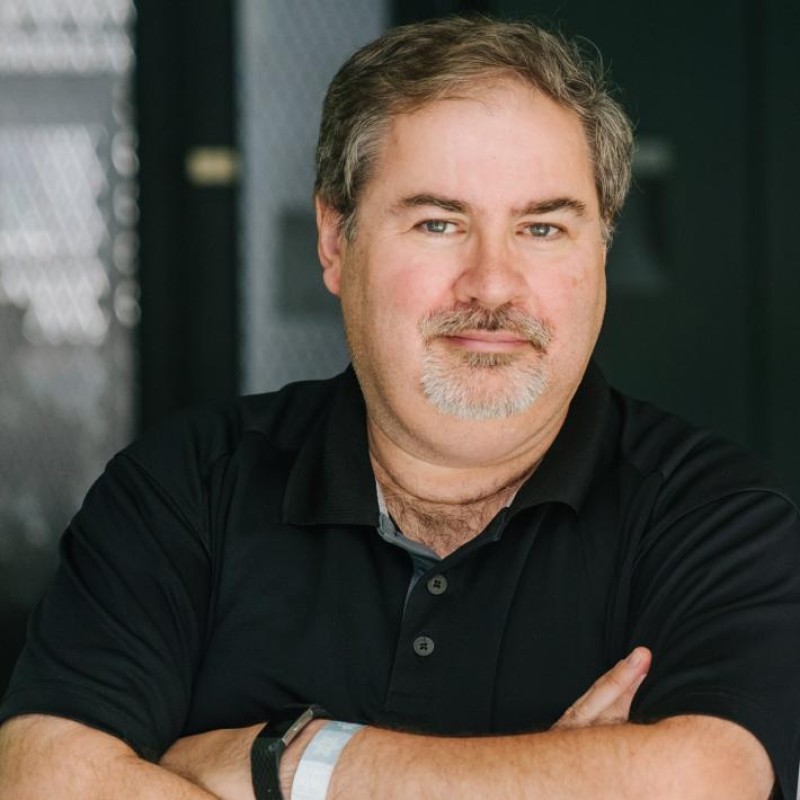The cases are still rare where organized crime and wholesale corruption get backed up by a repressive, autocratic government. As in Venezuela, North Korea, and Russia, deposed Syrian leader Bashar al-Assad’s regime was such a case, characterized by centralized control, suppression of dissent, and a reliance on a powerful security apparatus. As prisons get emptied and mass graves are dug up, the scale of Assad’s brutality toward his own people is, sadly, becoming clearer.
Coming to power in 2000 after the death of his father, Assad’s early promises of political liberalization quickly gave way to authoritarian practices. Part of the Arab Spring, the 2011 Syrian uprising challenged his rule and escalated into a punishing civil war that lasted until Assad’s ouster this month. His forces were accused of widespread human rights abuses, including torture, murder, the use of chemical weapons, mass detentions, and the targeting of civilians.
Financed by Captagon production and other forms of organized crime, such as human and cigarette smuggling, antiquities theft, and the arms trade, Assad’s tenure has spread violence, drugs, and corruption throughout the region. A 2023 OCCRP investigation with BBC News Arabic, Suwayda24.com, and Daraj.com into the Captagon trade showed how Syria’s descent into a narco-state pitted Assad’s drug traffickers against security forces in Jordan and Lebanon.
Assad fled Syria with an estimated tens of billions of dollars in looted wealth to a life of comfortable exile in Russia, leaving behind a legacy of destruction.
“In addition to being a dictator like his father before him, Assad added unimaginable dimensions of crime and corruption, ruining the lives of countless people even outside the border of his own country,” said Daraj.com co-founder Alia Ibrahim, who was a judge in the contest this year. “The political, economic, and social damage caused by Assad, both in Syria and in the region, will take decades to overcome.”
“Lifetime Non-Achievement Award” for Equatorial Guinea President Teodoro Obiang Nguema Mbasogo
For the first time in the contest’s 13-year history, the judges have awarded a special “Lifetime Non-Achievement Award.” The prize goes to Equatorial Guinea President Teodoro Obiang Nguema Mbasogo, one of the longest serving dictators in the world. After leading a coup in 1979 to seize power from his uncle, Obiang has mercilessly repressed any dissent with unlawful arrests, forced disappearances, and torture.
While Equatorial Guinea is a small country blessed with significant oil and gas deposits that have generated considerable revenue, Obiang has stolen much of the country’s wealth together with a ruling elite. Instead of developing the country into a model for Africa he has squandered its natural resources, living an obscenely lavish lifestyle while the rest of the population suffers in poverty. The longer he stays in power, the more his influence grows across Africa.
Ghanaian investigative journalist Anas Aremeyaw Anas was a judge in the contest this year. “Through fear, repression, and corruption, Teodoro Obiang has created a dynasty of wealth and impunity,” Anas said. “His dictatorial tendencies are being rapidly replicated by leaders across the African continent, with coup leaders today looking up to him as a godfather, harboring similar ambitions to become godfathers of corruption like him.”
Both Assad and Obiang are examples of longtime dictatorial regimes, in which corruption plays a critical role.
“Corruption is a fundamental part of capturing states and making autocratic governments powerful,” said OCCRP Publisher Drew Sullivan. “These corrupt governments violate human rights, manipulate elections, plunder natural resources, and ultimately create conflict from their inherent instability. Their only future is violent collapse or bloody revolution.”
Kenyan President William Ruto Received the Most Votes
An unprecedented number of people — more than 40,000 — wrote in to nominate Kenyan President William Ruto for "Person of the Year" in organized crime and corruption. Fueled by the passage of a contentious finance bill, youth unemployment, and rage at their corrupt government, young Kenyans held demonstrations for weeks this past June and July, demanding that Ruto step down. Security forces responded with tear gas, water cannons, arrests, and bullets — many people were killed, injured, or went missing following the protests.
Ruto’s government has been accused of greed and corruption resulting in failures in economic policy, health, education, as well as overall instability and the abduction of political opponents.
The comments submitted with the nominations were full of frustration and despair. “He’s stealing everything including public funds, people are suffering without a proper healthcare system, and people are becoming poorer day by day,” one commenter wrote. “He has failed Kenya in every sector,” wrote another. Many Kenyans (and others) also nominated Gautam Adani, the Indian oligarch who has funded and benefited from the patronage of the Modi government in India. Adani was behind an airport deal in Kenya that was widely seen as corrupt before it was canceled.
This extraordinary outpouring from Kenyans who continue to press for a better government was remarkable. The judges acknowledge the importance of public interest and outrage at corruption. However, since the award is given to the person who has done “the most to wreak havoc around the world through organized crime and corruption,” they ultimately chose Assad as the winner. Creating chaos for Syrians, Syria’s neighbors, the broader region, and the many countries affected by his criminality pushed him into the top slot.
The Judges
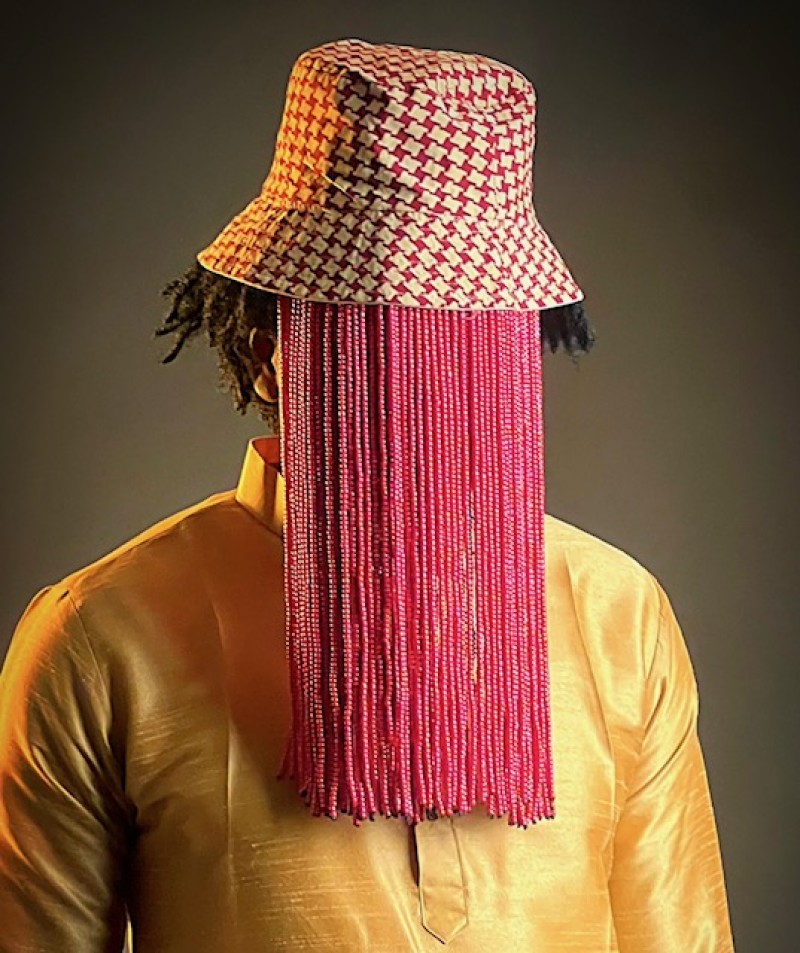
Anas Aremeyaw Anas
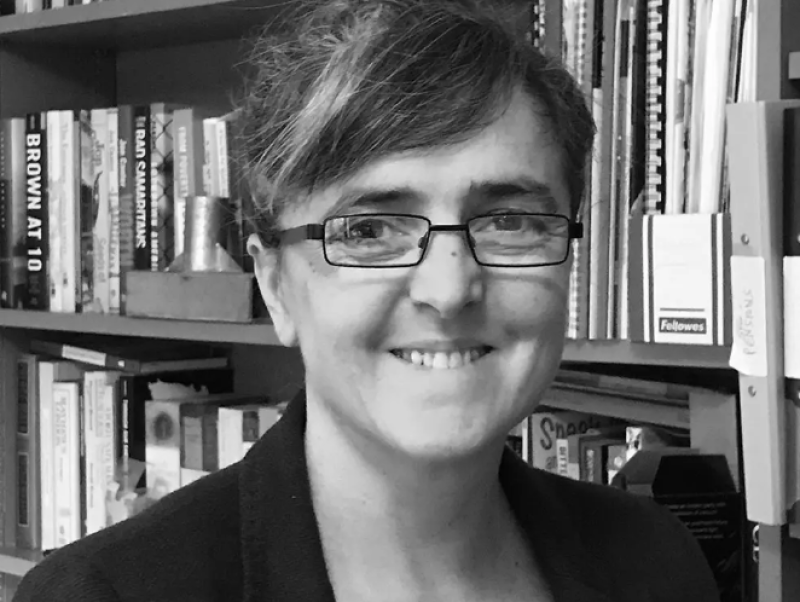
Susan Hawley
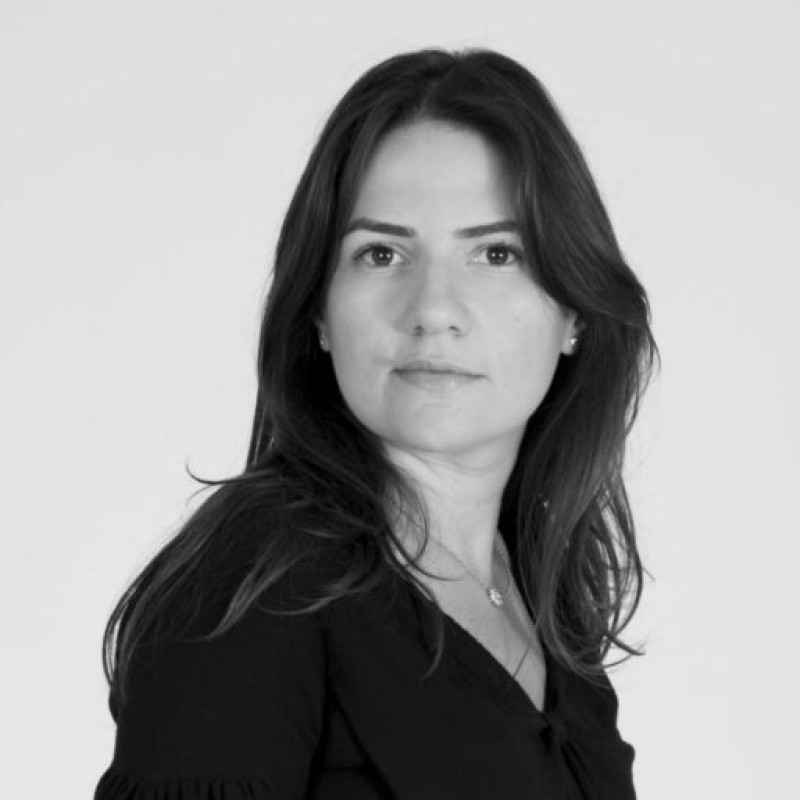
Alia Ibrahim
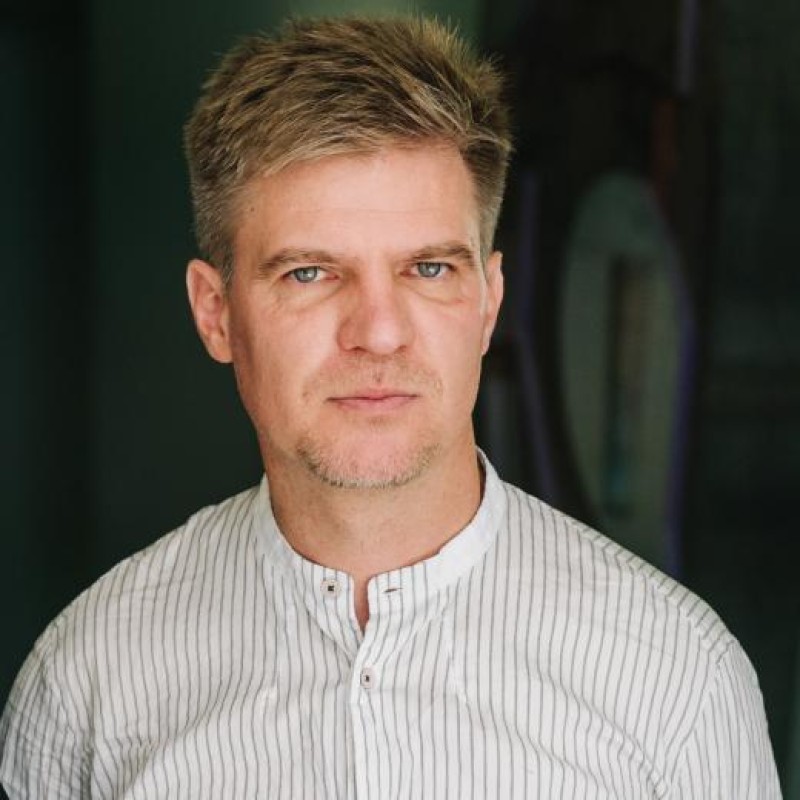
Paul Radu
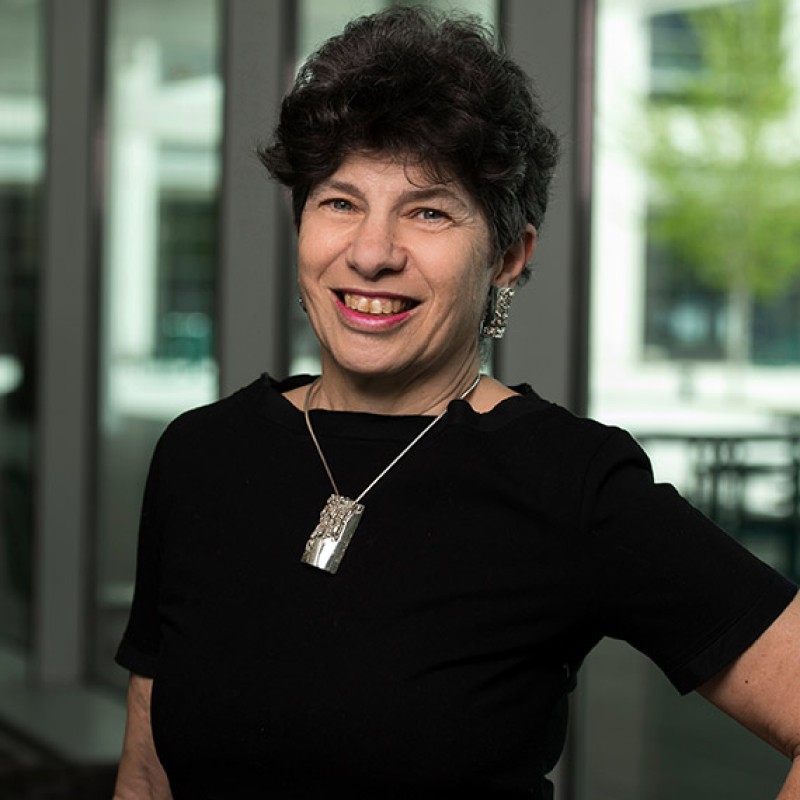
Louise Shelley
